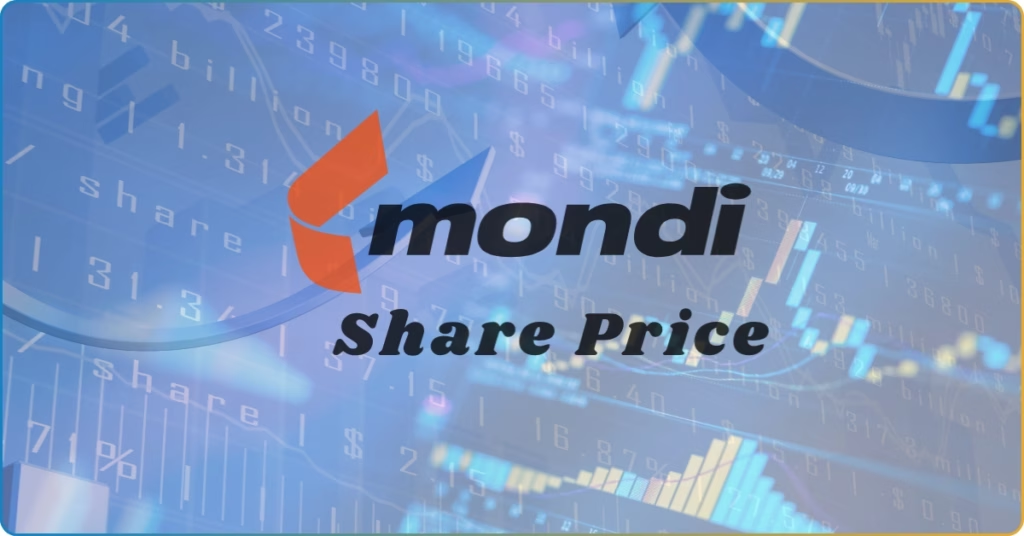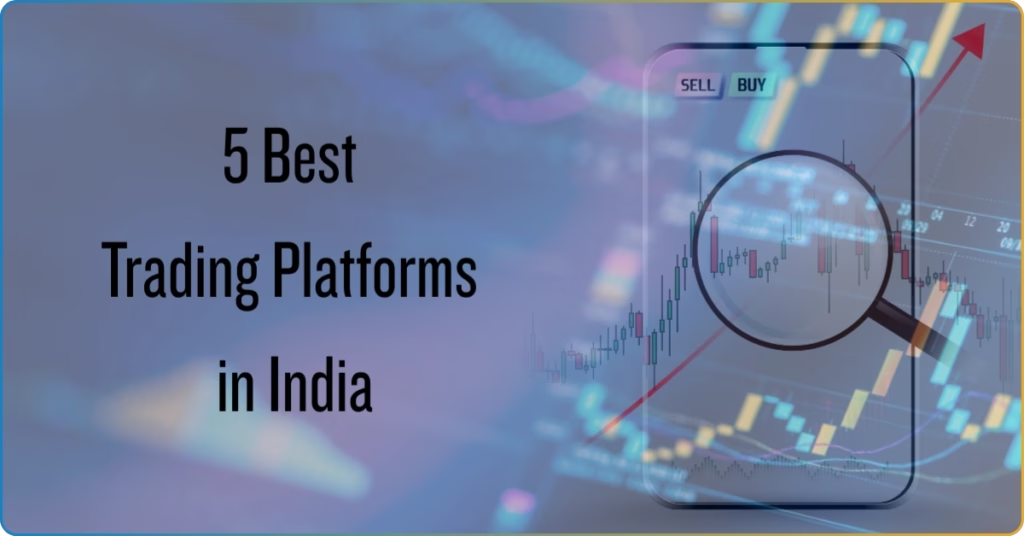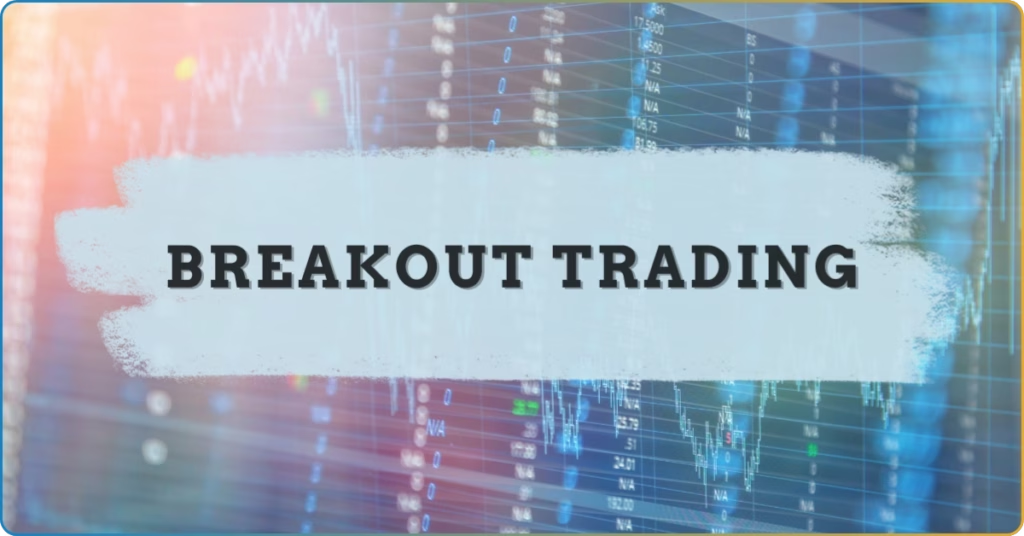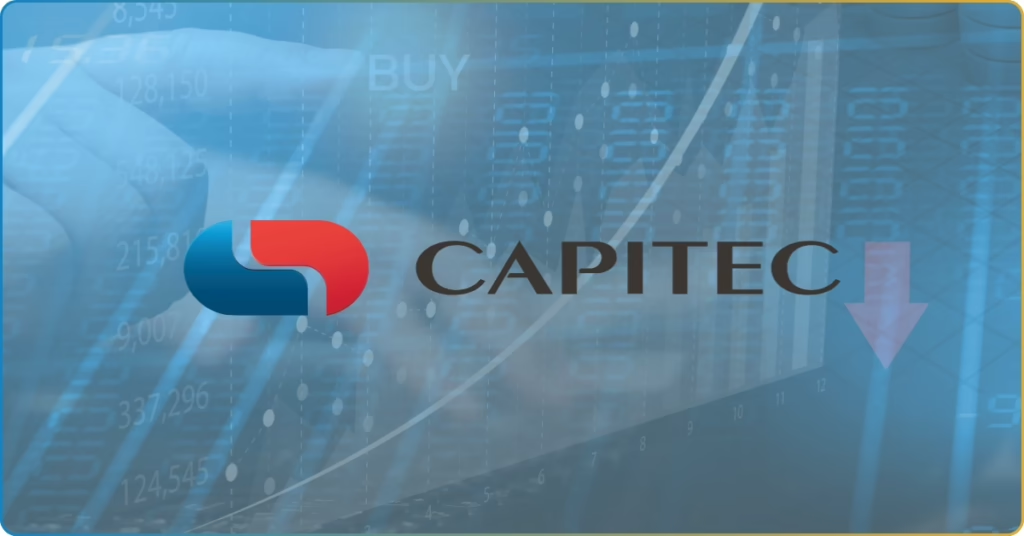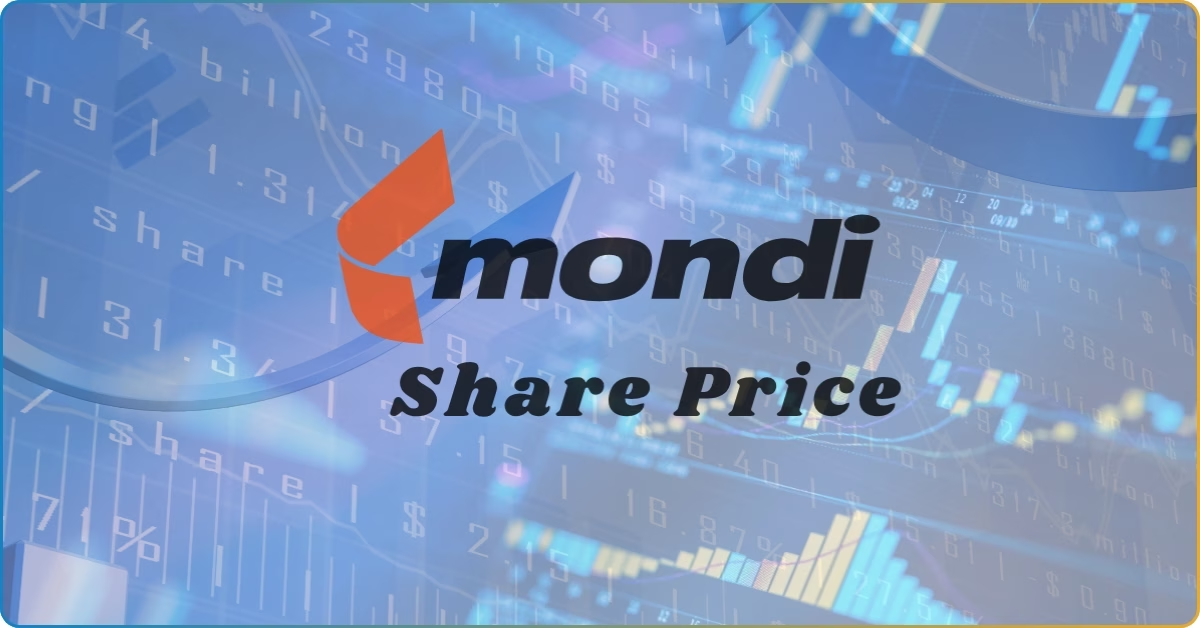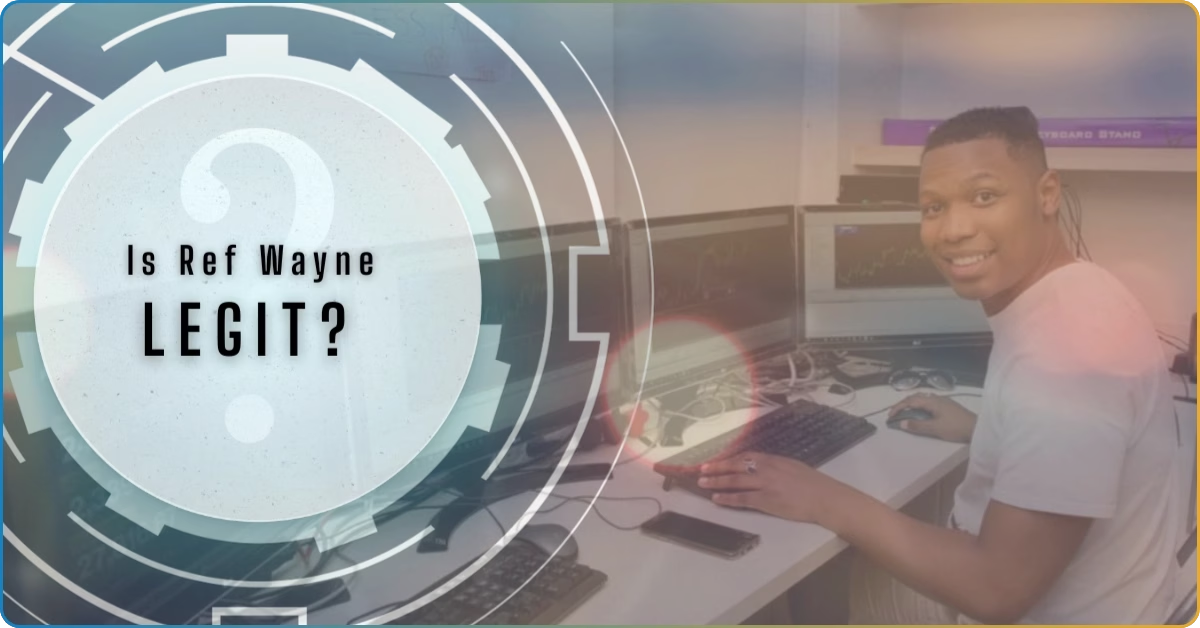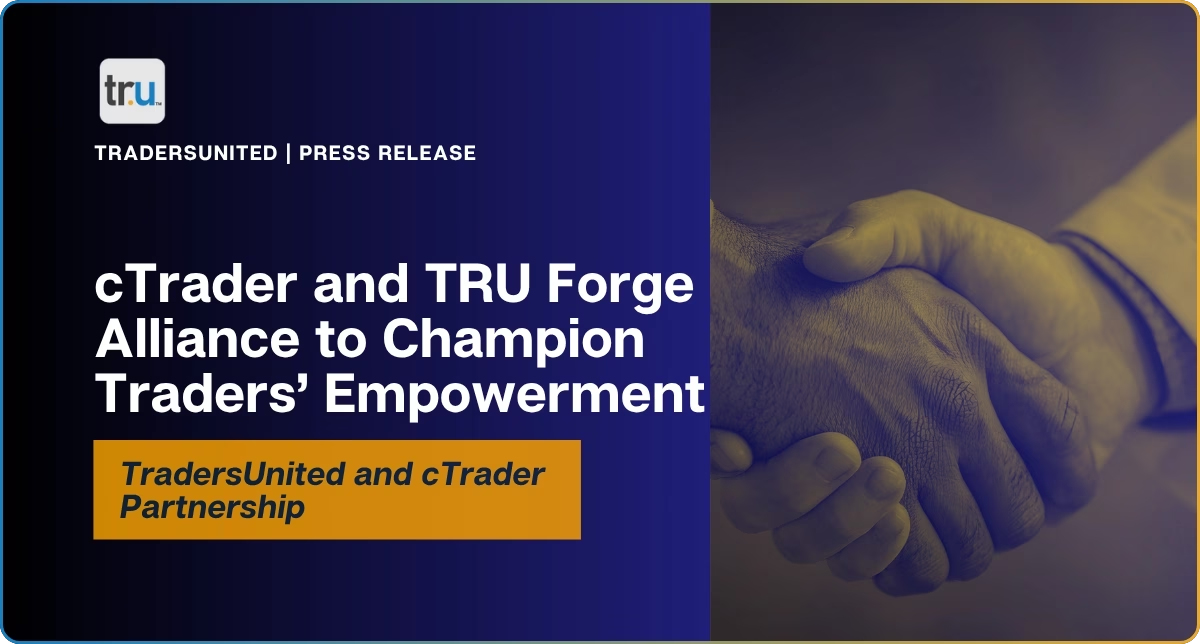The digital landscape has continuously grown over the decade, birthing new revenue streams for individuals and corporations offering e-commerce or brokerage services.
However, this growth entails internet crimes like the infamous digital scam. In online trading, a scam broker is not an alien concept. In fact, the industry had lost nearly $8.8 billion due to investment scams in 2022.
In this article, I’ll take you through the common signs of scam brokers, what to do when you encounter one, and the best practices to avoid them. Learn how not to be part of that statistic to succeed as an online trader.
The Financial Markets and Scam Brokers

Online trading opens you to exciting passive opportunities for growing your investment and capital. However, in the financial market, you should know that it’s not all rainbows and butterflies.
The financial market is a high-stake environment filled with lurking risks that may result in investment losses or even capital ruins. One pressing issue is the lurking risk of scam brokers wanting to victimize and profit from hopeful traders.
Thus, if you want to enter the financial market and position trade, you should first identify a reliable and viable broker to trade with to not zero your chance of profiting from your position.
Is your broker scamming you? Or do you simply have a dispute with your broker?
File your case with the TRU Dispute Resolution System, and you will have access to dedicated support in resolving your dispute with your broker. You will also have a chance of getting compensated for your lost trade.
How to tell if your broker is a scam
Trading itself is hard. You need to develop a trading plan, learn the proper market positioning, master market analysis, and many more.
However, doing so with a scam broker simply wipes out the possibility of running at a profit. Here are the common tell-tail signs that raise the red flag.
Sign #1. Promises easy and risk-free financial success

Remember, the promise is likely untrue when it’s too good to be true.
The difficult pill to swallow when you trade securities is it will never be risk-free. All investments entail risk and are often risk-filled due to market volatility, fraud, and leveraging.
No successful or decent trader views trading as an easy or risk-free way to generate profit and reach financial success. You should know that using the service of a specific broker can’t physically guarantee profits. It’s mostly ALL ON YOU.
If you’re someone to be enticed with easy, high returns, expect the scam brokers to have a red X marked on you.
Promising false but very tempting profit is the primary way that scam brokers use to mentally trap their victims. They know that most traders are eager to have high returns; hence, they’ll fall into their expected success scheme.
How to avoid this? You must draw a realistic financial goal and not rely on someone to expedite your success. You should always know the market and the broker-trader dynamic.
Again, never be fooled; accept that only you can attain financial success.
Sign #2. Unregulated and unregistered broker
All financial transactions SHOULD always be overseen by a regulatory body to ensure fair and ethical practices. Thus, you can conclude that being regulated is a standard for all brokers.
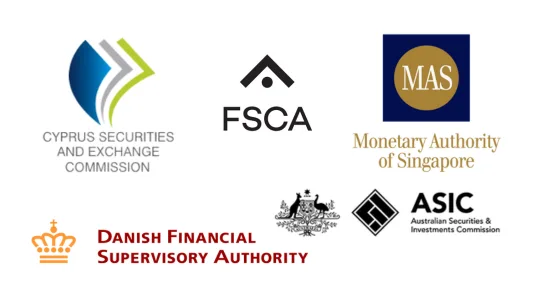
Remember, a reliable and legitimate broker makes its regulatory status and supporting documents accessible to everyone, mostly at the bottom of its website. This includes the license number and the name of the regulators. Doing so is its way of telling its clients, “Hey, you should trust us because our operations are under strict regulation!”
Hence, if you’re having a hard time looking at your broker’s regulatory status, it may be a signal that your broker is a fraud or scam.
However, keep in mind that some scam brokers claim to have regulators. They either include empty claims by providing fake or misleading information or simply impersonate regulated brokers.
To avoid falling into this scam, you should know how to verify the registration of a broker. Simply go to the appropriate regulatory authority, look for the registration search, and input the information about the broker, either its business name or its license number.
The common and most popular financial service regulators are;
- Financial Sector Conduct Authority (FSCA)
- Australian Securities and Investments Commission (ASIC)
- Cyprus Securities and Exchange Commission (CYSEC)
- Monetary Authority of Singapore (MAS)
- Danish Financial Supervisory Authority (Danish FSA)
Sign #3. Difficult and unfair withdrawal process

Some brokers don’t directly and immediately take your money. Most of the time, they let you execute a trade and even generate profits—but then they won’t let you withdraw your account balance.
When you reach out to the support, you’re likely to be told to pay ridiculously high taxes, fees, or commissions to withdraw your balance. The withdrawn amount will never be deposited into your receiving account when paid.
To avoid falling into this scam broker, ensure you have a habit of reading the broker’s terms and conditions. If you notice an unreasonable withdrawal process, it’s best to steer away from using its service.
Also, considering its unfair financial operation, a broker withdrawal scam is likely to be unregulated. If they happen to be regulated, you have the power to escalate the case of its regulator and take back your investment money.
Different types of trading scams
Trading scams are not limited to scam brokers. Unfortunately, unscrupulous trading companies have found other ways to con online traders.
Here are the other trading scams you might encounter in the financial market.
Trading Signals
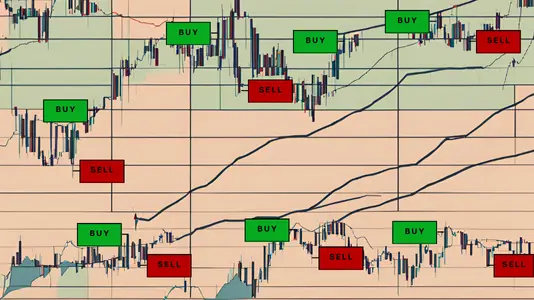
Trading signals are the literal signals that the service provider sends you. These signals are reminders to either go long or short in a certain market.
Sounds enticing? Well, you should know that trading signal providers are the common scams in the market. While the provider alerts you about the market movement, the scam here lies in its accuracy.
This goes without saying: the financial market is dynamic. It changes from time to time, depending on different factors.
Here comes the criticism of trading signals: their inability to adapt to the ever-changing market. What works well in one market environment may not be effective in another.
You can’t expect trading signals to perform well in all market conditions, especially during periods of high volatility or unexpected news events.
Trading Robots

Robot traders or Expert Advisors (EA) allow you to enter the market with minimal effort – buy their robot, and it trades on your behalf. However, forex robots may bring you tons of risks you’d never think of.
Like trading signals, the scam in trading robots is the way it’s marketed by its provider. The problem here is trading robots are not programmed to trade the news and adapt to the dynamic conditions of the financial market.
As a result, significant losses may occur if not closely watched or managed. This can be counterproductive, especially if you bought a trading robot for convenience.
Tips on avoiding scam brokers
It’s a no-brainer that scam brokers are, unfortunately, lurking around the financial market, wishing to deceive you and other new traders into buying their services.
However, don’t sweat because there are ways to avoid falling victim to such brokers. Here are my three tips for avoiding scam brokers.
1. Do your own research (DYOR)
No one is more powerful in avoiding potential scams than you. After all, the decision to trade with a broker relies heavily on you.
With this, allotting time to research your broker on the internet can save you from being scammed. Here’s what you need to look at:
- Registration and regulatory oversight. Ensure they are licensed and regulated by reputable authorities.
- Online reviews, forums, and independent sources. Gather insights into the broker’s reputation and track record.
- Broker’s history. Investigate the broker’s history, including any past complaints from clients or any possible regulatory sanctions.
2. Separate trading fact from fiction
Setting a realistic financial goal based on your capital or investment will save you from falling victim to the fiction of online trading.
You should always be wary of brokers promising unrealistic returns or using high-pressure sales tactics. These promises are just made to mentally trap you into hiring their service.
Lastly, exercise caution with brokers offering overly complex or convoluted investment products, as these may conceal hidden risks. Remember, if the condition is not made for you to understand, behind that is the agenda to con you.
3. Join a reliable community
Learning from the first-hand experiences of other members is beyond helpful in separating yourself from the growing statistics of scammed traders.
Make sure to find a trusted and verified community of traders where you can share experiences and gather insights regarding the market or your trade.
Also, most online trading communities have discussions about identifying reputable brokers. They lay down their experiences with their brokers and the scam tactics they’ve experienced.
Just ensure the community is free from any marketers wanting to sell their products to you.
In CommuniTrade, you can access the best resources to succeed in online trading while creating meaningful bonds with your fellow traders.
Here, you never miss out on trading opportunities with dedicated spaces for each trading instrument, leverage educational discussions to sharpen your skills, and access reliable information about your brokers.
Final Thoughts on Scam Brokers in Online Trading
Sadly, scam brokers are everywhere in the financial markets. If you’re not equipped with enough knowledge, you’ll inevitably be victimized by them.
To avoid the unfortunate event of being scammed, you must be aware of the signs of scam brokers. DYOR is your sword and shield in this matter. You need to conduct thorough research before opening an account with a certain broker.
When you’re already trading with a problematic broker, remember that you can escalate your concern with regulators or any dispute resolution company if you get scammed.


